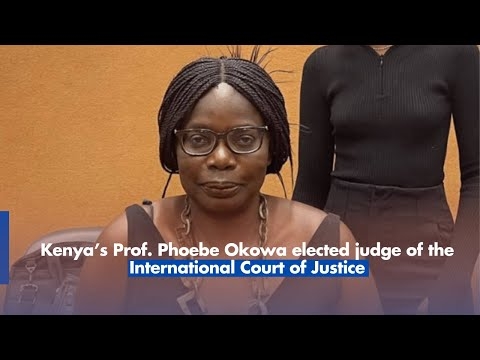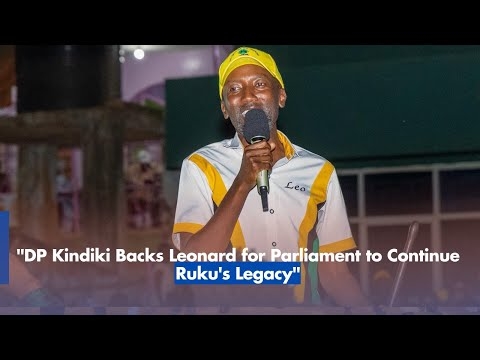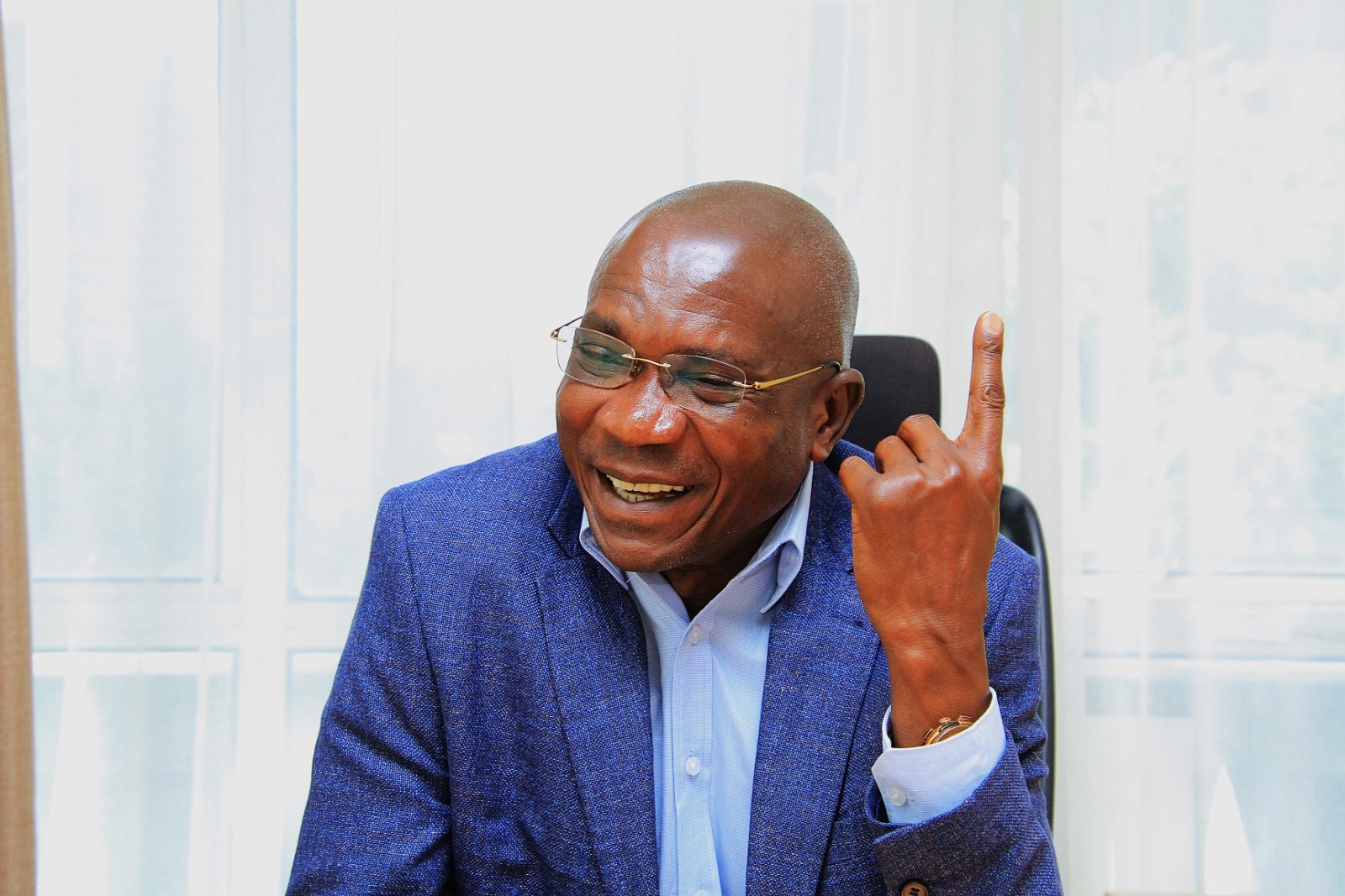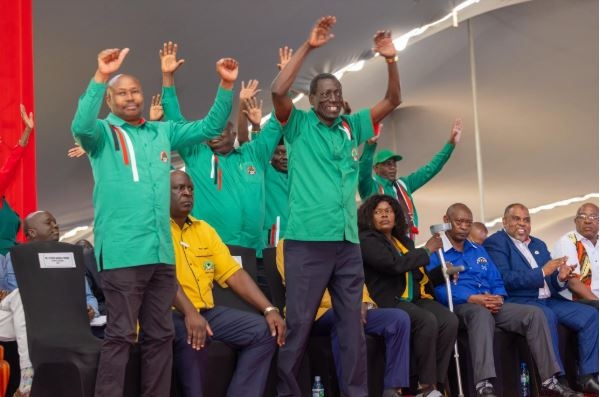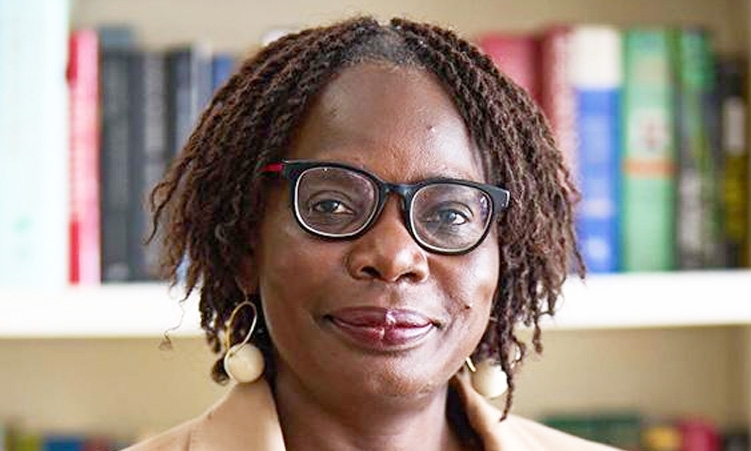
 Foreign Affairs Principal Secretary Korir Sing'oei /HANDOUT
Foreign Affairs Principal Secretary Korir Sing'oei /HANDOUT
Last week's election of Prof. Phoebe Okowa as judge at the International Court of Justice (ICJ)—the first Kenyan to hold this position in the Court’s 80-year history— is a journey which for me started way back on Friday, the 8th of September, 2023.
I was transiting through Schiphol Airport, Amsterdam, that Friday, and Kenya's then representative to the Netherlands, Ambassador Margaret Shava, mentioned in her regular briefing that ICJ elections were scheduled for November 2026, and she felt strongly that Kenya should field a candidate.
When I inquired whether she had thought of an individual who merited our nomination, she was quick to point out that she had and her proposal: Prof. Phoebe Okowa.
The suggestion struck an immediate chord. I was already familiar with Prof. Okowa's distinguished work in international law and had recently heard her speak on "The Work of the International Law Commission and its Relevance to Kenya and Africa" at a talk organised by Kenya's Foreign Service Academy just weeks earlier in mid-August.
Her scholarship, her command of the field, and her deep understanding of how international law could serve African interests made the Ambassador's proposal feel not just appropriate but necessary. Equally, I was alive to the thin representation of Kenyans at high levels in multilateral institutions, a fact that contrasted sharply with the country’s fairly strong profile internationally.
In the months that followed, we would work closely with Prof. Okowa to put together a dossier for her candidacy, a campaign strategy and message, as well as set up teams both at Headquarters in Nairobi, and our Missions in New York and Geneva principally, but also support hubs in Brussels, Vienna and Addis. But we were preparing for an election in November 2026.
In June 2025, however, Somali Judge Abdulqawi Yusuf resigned from the International Court of Justice effective September 30, 2025. The resignation created a vacancy to be filled during the 80th session of the General Assembly in November 2025.
We were then confronted by an immediate dilemma: whether to skip the by-elections to fill the temporary slot and focus attention instead on the main election at the end of 2026 or engage with this emergent opportunity.
We brainstormed over these stark options with our teams and the candidate and in the end erred on the side of taking the chance sooner rather than later. It became clear that our choice to participate in the by-elections was rational as the other distinguished candidates from both Nigeria and Sierra Leone- Dr. Olufemi Elias and Professor Charles Jallow- who were focused on the main elections, all expressed interest in participating at the by-elections.
Given the timeframe for the campaign was now drastically reduced, our strategy needed to be retooled to accelerate outreach, make a strong pitch, secure commitments by critical coalitions and ensure a positive outcome.
Thanks to the candidate’s distinguished credentials as an international jurist and a member of the International Law Commission, as well as her vast network of friends, we were able to secure her co-nomination by both Namibia, Vanuatu, the Netherlands, Romania, Sweden and several countries expressing strong support from the starting line.
Invitations to have her speak at various forums in Japan, Singapore and Australia became strong platforms for consolidating peer support, which culminated in eventual support by those countries.
To bolster outreach, engagements with our 70 Missions abroad were undertaken through virtual consultations. We dispatched digital demarches to various capitals seeking support for our candidate.
Equally, leveraging international summits became opportunities for accelerating the push for support for our candidate. President Ruto’s and PCS Mudavadi’s engagements at UNGA in New York this year also highlighted the candidature of Professor Okowa in the context of various bilateral meetings held.
Kenya’s leadership of several plurilateral arrangements, such as G77 and China in Vienna as well as the Organisation of African, Caribbean and Pacific States (OACPS) in Brussels, became important platforms to pursue additional commitments.
In a feverish race to the finish, various Reciprocal Support Arrangements were also entered into conveying Kenya’s support for a diversity of candidatures of interest to different States in exchange for their endorsement of our candidate.
The last week of the campaign saw final calls and pleas from the Capital targeted particularly towards the membership of the UN Security Council, appreciating that one of the candidates was from a non-permanent member state. Little wonder that despite the overwhelming support garnered by Kenya’s candidate at the General Assembly, the election went into the fourth round on account of the holdout at the Security Council.
Yet as Kenya savours this significant victory, it is important to appreciate the immense support it received from the continent and beyond. As Professor Okowa begins her tenure, she will serve on a Court that demands complete independence from national governments. This is how it should be. Her duty is to the law and to the global community. Kenya’s responsibility is to support her as she discharges this noble duty.
Korir Sing'oei, Foreign Affairs Principal Secretary


